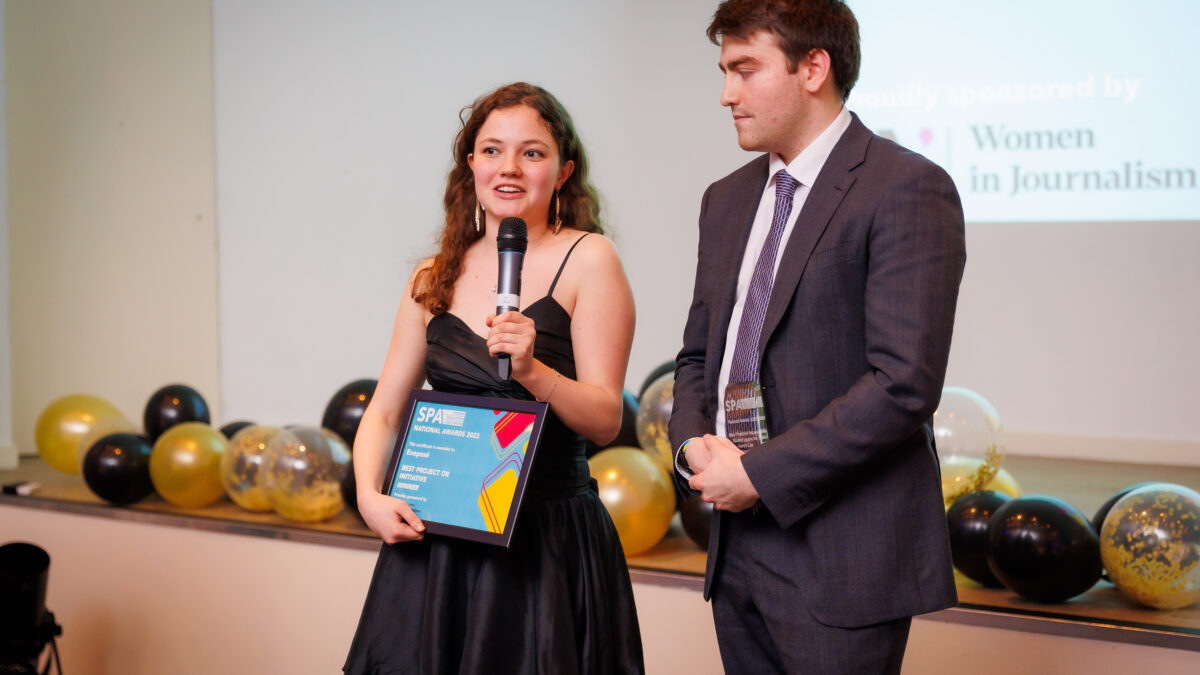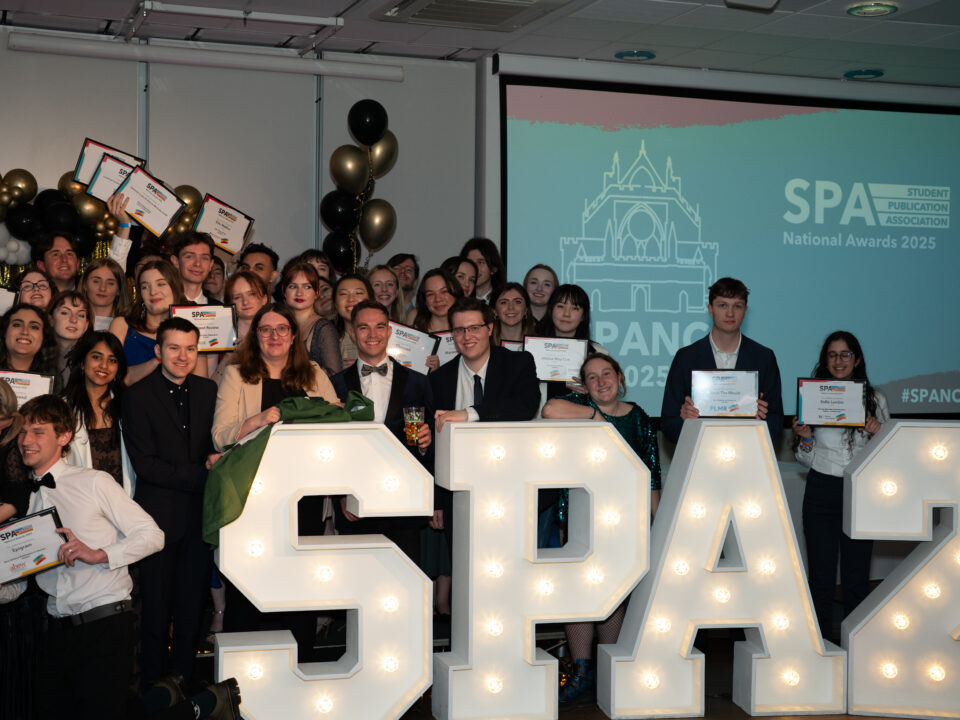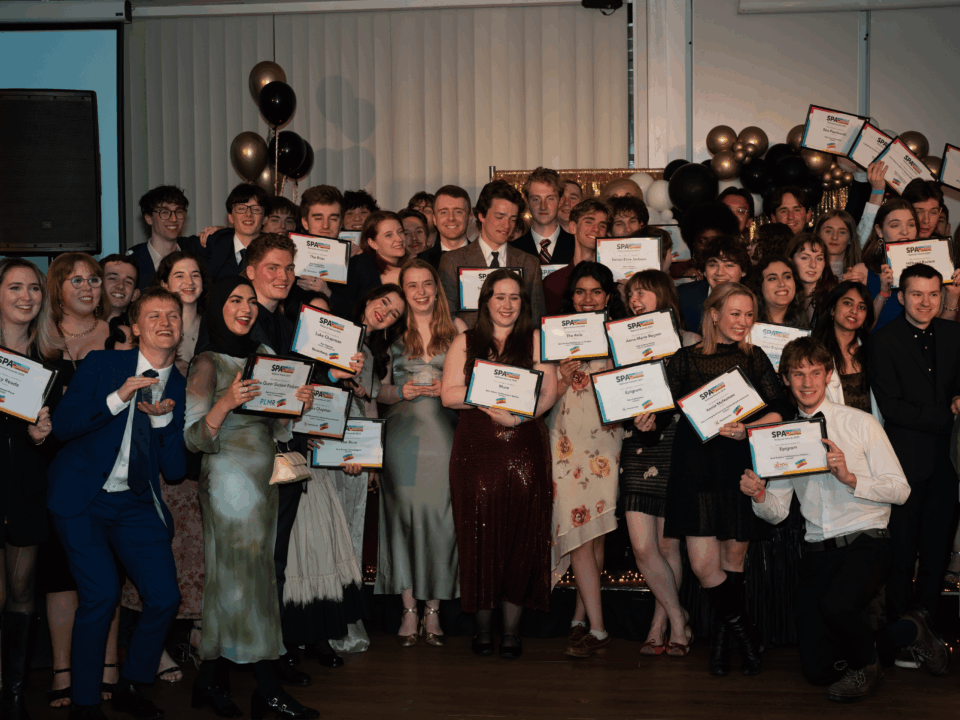
Tickets now on sale for #SPANC24 in Bristol

SPA 2024 Regional Award Winners Announced
Behind the story: Exeposé's Harry's Law campaign
Harry Armstrong Evans was only 21 when he died in June 2021.
A former physics and astrophysics student at the University of Exeter, he achieved high grades across the board and maintained a clean sheet of attendance.
But in the throes of the COVID-19 pandemic he began to struggle and despite attempts to get help, he took his own life.
An inquest into Armstrong Evans’ death identified several failures in the University of Exeter’s duty of care which ultimately allowed Harry to slip through the net
In the wake of these findings, Harry’s Law was created by his parents to act against the growing university suicide epidemic that their son had fallen victim to.
As Harry’s parents became increasingly unsure of how to raise awareness for their petition, the University of Exeter’s student newspaper, Exeposé, stepped in to help, galvanizing the support of 22 other student newspapers and was even mentioned in Parliament.
The newspaper and its reporters' work was so impactful it won Best Project or Initiative at the SPA awards 2023.
Last year, Robert Halfon, the universities' minister, announced a national review into student suicides amid mounting concern over student mental health.
Isabella Ankerson, the SPA's south east officer, spoke to Megan Ballantyne, Exeposé’s 2023 Co-Editor-in-Chief about how the Student Newspapers for Harry's Law campaign came to be.
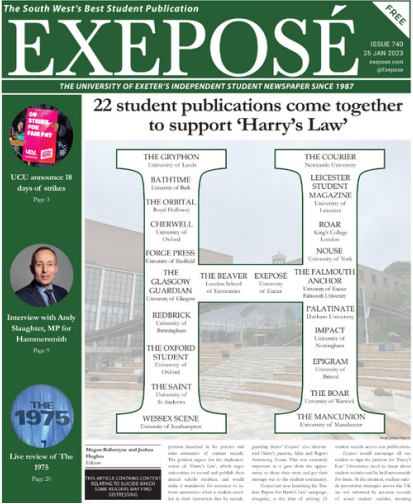
Finding the story
Megan: So, we first heard about the stories in mid-October of 2022. It started with the initial story of Harry’s suicide and then of the inquest into his death. Obviously, as he was an Exeter student, we were all very sad to hear about what had happened. We’d learnt that there were some university failings within his case, which were very relevant to our student audience and were important to talk about.
We ended up contacting Harry’s parents, Alice and Rupert, and building up a relationship with them which felt quite natural, in a way. From then on, we continued to cover the various developments that came out of the original story.
There were quite a few different stories; it was like a series of coverage, I guess, rather than one article, so we could get the breaking news out first. When we first heard about the story, it was just a couple of days before we went to print with our next edition, so we wrote a short and factual story to publish in this newspaper.
So, it went on from there. We wrote an article after the findings from the inquest were released. Then we had an interview with Harry’s parents and then the Harry’s Law campaign just came out of that. It was quite good to have this separation, really, as it meant we had time to research things and find out information more naturally, rather than leaving it later and having loads of stuff to catch up on.
From story to campaign
Megan: The first story we did was the cover story about the findings from the inquest, where the coroner said that the university had ignored Harry’s cry for help and suggested changes in the report to prevent future deaths.
I think it was about mid-November when we published this article. It was the first major story.
For this, we spoke to Alice and Rupert and asked them about the inquest, as well as how the university had treated them.
We also asked about what types of change they wanted to see, which led us onto a conversation about Harry’s Law and campaigning.
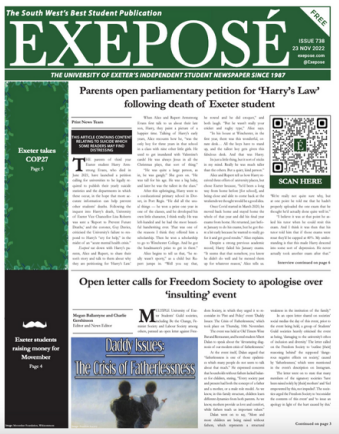
I don’t think we ever did Freedom of Information (FOI) requests for this story, but there was obviously some research that we had to do into the lack of data kept by institutions about student suicides. We then did a big, long-form interview with Harry’s parents, which was more of a personal story that talked about the impact his death had on him, rather than just explaining what the results of the inquest were.
We wanted to help Alice and Rupert get their message out as they didn’t have a lot of resources. Media coverage had also dipped a bit after Harry’s story was initially shared with the public.
That was when we came up with the idea of a student paper campaign. There was one we had seen from a couple of years before, from the COVID-19 pandemic about guaranteeing grades.
We thought this format could work well for this. Every university has been affected by suicide in some way, so we also thought it was a good chance for people to make it a bit more tailored to their sort of audience, and their experiences at their university.
Around December 2022, we started talking to loads of student newspapers about the campaign, trying to get people on board. Then, by January, we had properly launched the campaign with the backing of 22 other student newspapers. It was a bit daunting at first.
It was also quite nerve wracking trying to do it right and not make mistakes. We contacted the Samaritans and used their guides to make sure that we were covering suicide safely, because that’s really important. But I think the fact that it was over a long period of time meant that by the time we got to the campaign, we had the basics covered. We also knew that if we did it well, it would have a really positive impact by extending the conversation around mental health and suicide.
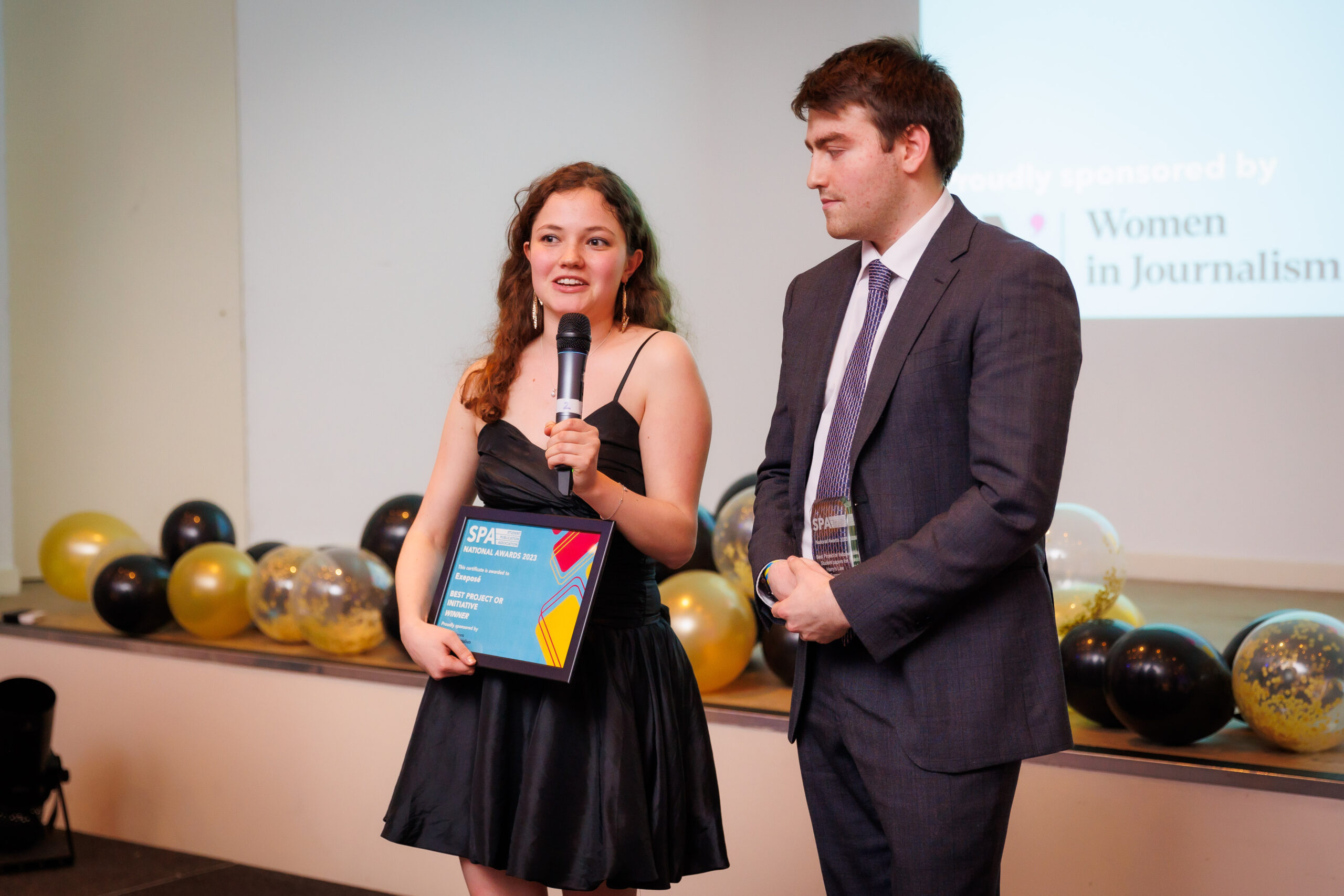
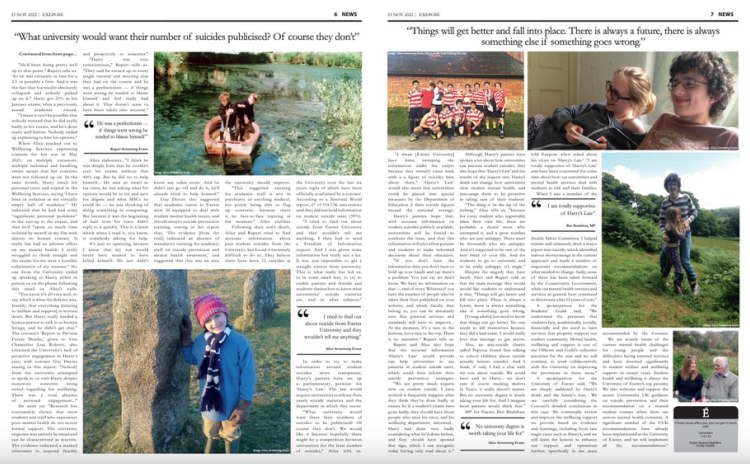
Facing and learning from challenges
Megan: Obviously Harry’s story and the topic of suicide in general are both very emotional. It wasn’t the same as any other sort of news reporting, we still tried to be factual and objective whilst maintaining an emotional resonance.
A few people from Exeposé were working on the stories and the campaign, so we had to make sure that we were all doing okay as well.
The campaign was also something that we didn’t really have any experience of doing, so it was quite scary to do something so large-scale.
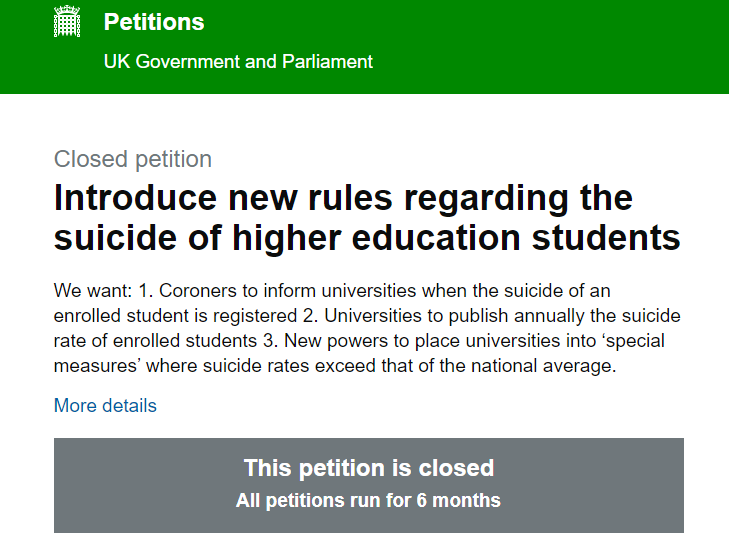
We had to be brave with it. But what we learnt was that you shouldn’t be so afraid of doing something wrong.
Dealing with the press office was also quite scary. We didn’t have any huge issues with them, but it's nerve-wracking when you’re in a press meeting and you’re bringing up really damning evidence against the organisation they work for.
We were lucky that our press office seemed to understand that they needed to have a civil relationship with us. I know that a lot of other student papers have previously had issues with their students’ unions, but it’s important to be brave in these situations. If you’re preparing for a meeting like that, try and know your facts and have quiet confidence about what you’re doing.

